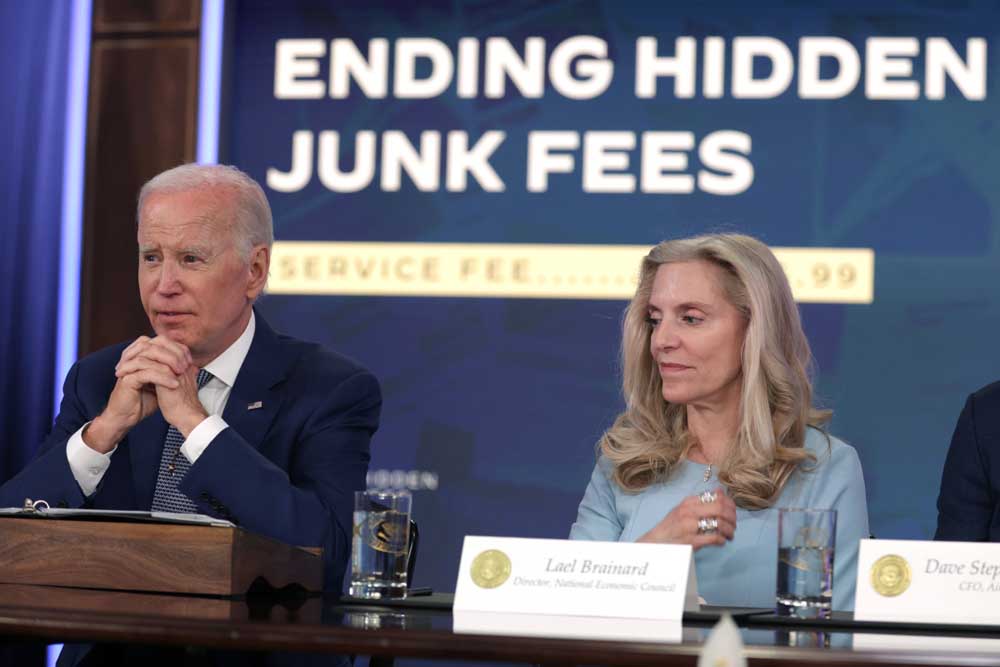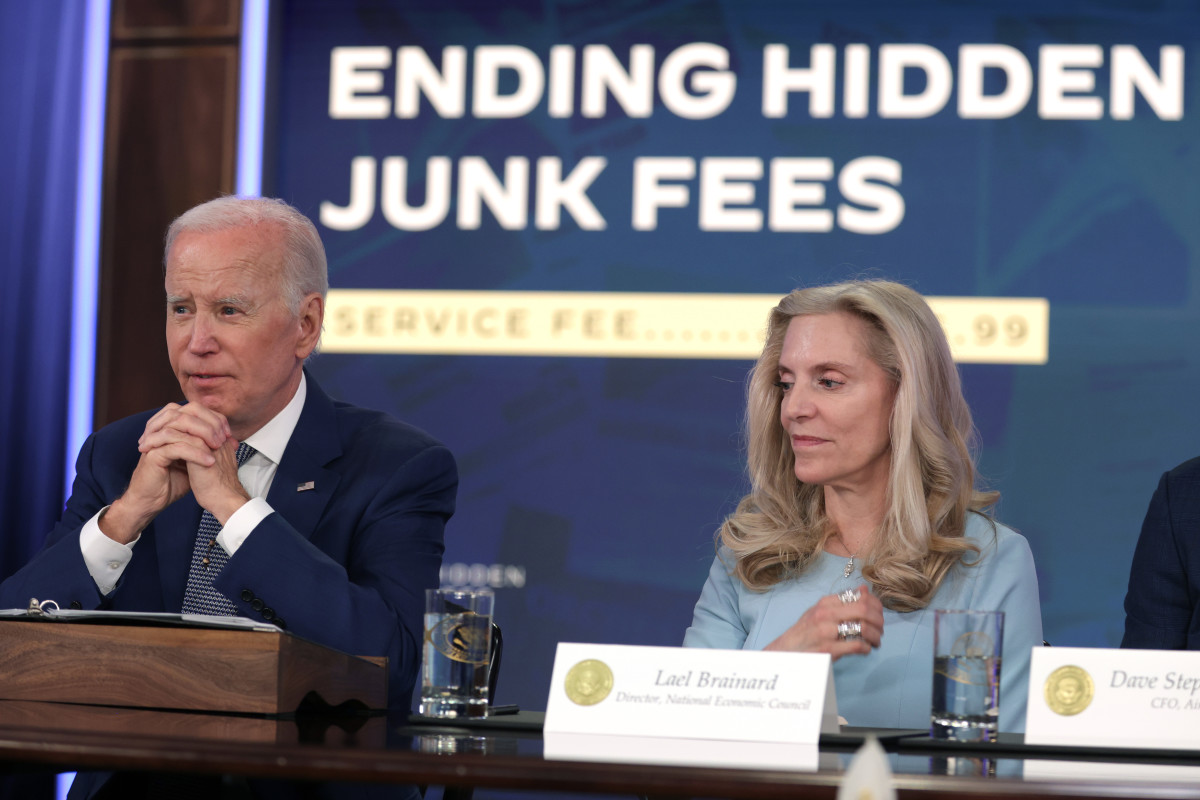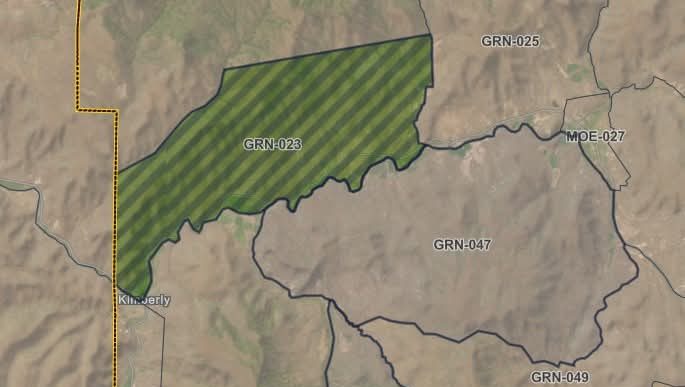U.S. government’s crackdown on bank overdraft fees just got more serious
Published 8:00 am Wednesday, January 17, 2024

- WASHINGTON, DC - JUNE 15: U.S. President Joe Biden delivers remarks on protecting consumers from hidden junk fees as Director of the National Economic Council Lael Brainard listens during an event at the South Court Auditorium at Eisenhower Executive Office Building.
For years, banks have charged consumers fees of up to $30 or more for not having enough money in their accounts to cover their transactions, further exacerbating debts for people who are already struggling. Now, it seems that high overdraft fees will become a thing of the past as the Biden administration is now doubling down on its effort to lower these costs for consumers.
Trending
After the government initially announced that it will be cracking down on “junk fees” in October last year, with bank overdraft fees being one of the main targets, the Biden administration now has proposed a new rule that would slash overdraft fees to a new low.
Related: The U.S. government’s latest crackdown on banks could put more money in your pocket
Under the rule, banks would be allowed to charge overdraft fees “in line with their costs or in accordance with an established benchmark.” The CFPB’s proposed benchmarks include $3, $6, $7, or $14, which is less than half of what many banks are currently charging in overdraft fees on average.
Trending
The proposed rule, introduced by the Consumer Financial Protection Bureau on Jan. 17, would “treat overdraft loans like credit cards and other loans as well as to provide clear disclosures and other protections,” according to a CFPB news release.
“For too long, some banks have charged exorbitant overdraft fees—sometimes $30 or more—that often hit the most vulnerable Americans the hardest, all while banks pad their bottom lines,” said President Joe Biden in a statement. “Banks call it a service—I call it exploitation. Today’s proposal would cut the average overdraft fee by more than half, saving the typical American family that pays these fees $150 a year. That would add up to save families $3.5 billion every year.”

The proposed rule by the CFPB would apply to banks that have over $10 billion in assets which “covers approximately the 175 largest depository institutions in the country,” according to the CFPB news release, they are also the banks that charge consumers around $35 in overdraft fees.
Some popular banks that currently charge the highest overdraft include Chase, which charges $34 if the account is overdrawn by over $50 at end of day, Fifth Third Bank, $37, PNC Bank, $36, and Wells Fargo, $35, according to data compiled by NerdWallet.
After facing recent pressure to lower overdraft fees, banks have been altering their practices since the end of 2021, leading to a decline in overdraft charges for the past two years, according to recent data from S&P Global Market intelligence.
The data also revealed that in the third-quarter of 2023, U.S. banks garnered $1.37 billion in overdraft fee income, which is a 3% decline from the previous quarter and a 22.7% drop from the same quarter last year.
Investing can be hard. We make it easier. There are thousands of stocks you can invest your hard-earned money in. Our pros help you decide what stocks to buy and when to buy them. Sign up to find out what stocks we’re buying now









